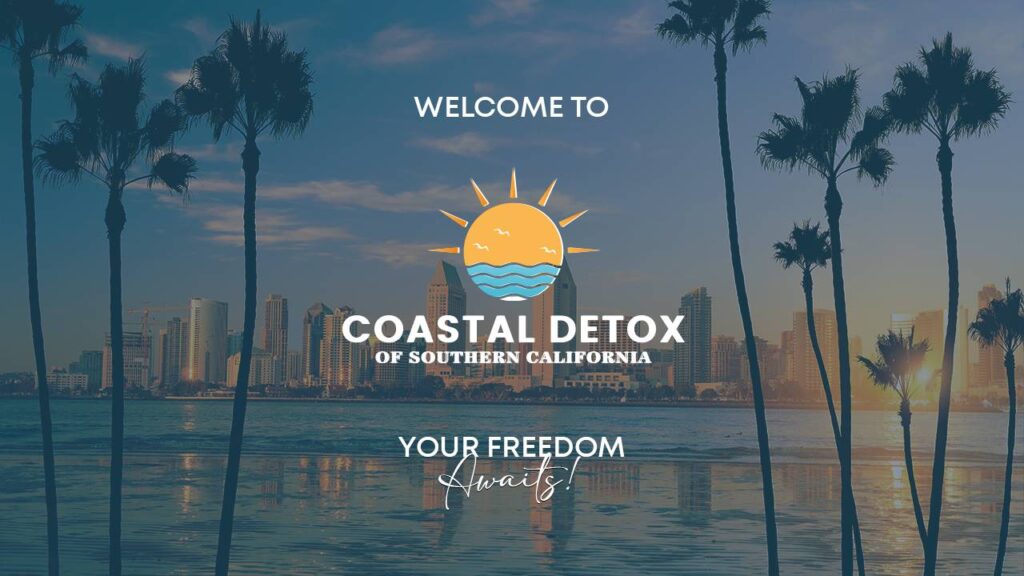In the journey of addiction recovery, the initial phase of detox and treatment is critical, but what follows is equally important. Aftercare programs play a vital role in maintaining sobriety and providing ongoing support. This blog explores the importance of aftercare programs, with a special focus on their relevance in California, a state that has seen a growing emphasis on these programs in recent times.
What Are Aftercare Programs?
Aftercare programs are structured plans that support individuals post-treatment. These programs offer continued guidance, therapy, and resources to help maintain sobriety and prevent relapse. They include various services like counseling, support groups, and life skills training, designed to help individuals transition back into everyday life smoothly.
Why Aftercare Programs Are Essential
1. Preventing Relapse
Relapse is a common concern for individuals recovering from addiction. Aftercare programs provide ongoing support to help manage triggers and stressors. Regular check-ins and therapy sessions ensure that individuals remain focused on their recovery goals.
2. Continuous Support and Guidance
Aftercare programs offer a safety net of support that extends beyond initial treatment. This continuous support helps individuals navigate challenges, build resilience, and develop healthy coping mechanisms.
3. Building a Strong Support Network
One of the critical elements of aftercare programs is the community they create. Support groups and peer meetings allow individuals to connect with others who understand their experiences, fostering a sense of belonging and mutual encouragement.
4. Developing Life Skills
Aftercare programs often include life skills training, which is essential for rebuilding a stable and fulfilling life. These skills can range from job training to financial management, helping individuals gain independence and confidence.
5. Addressing Co-occurring Disorders
Many individuals with addiction issues also struggle with mental health disorders. Aftercare programs provide continued mental health support, ensuring that co-occurring disorders are addressed and managed effectively.
6. Enhancing Accountability
Regular follow-ups and check-ins are integral parts of aftercare programs. This structure enhances accountability, motivating individuals to stay committed to their recovery journey.
Aftercare Programs in California
California has been at the forefront of implementing comprehensive aftercare programs. With its diverse population and significant addiction issues, the state has recognized the importance of sustained recovery support. Recent times have seen an increased focus on developing robust aftercare systems to cater to the needs of those in recovery.
California’s Leading Role in Aftercare
Innovative Approaches
California’s addiction treatment centers are known for their innovative approaches to aftercare. They incorporate holistic methods, such as mindfulness and wellness programs, to support long-term recovery.
Accessible Resources
The state offers numerous resources, including online platforms and mobile apps, making aftercare support more accessible. This ensures that individuals can receive help regardless of their location or circumstances.
Community Support Initiatives
Community-based initiatives in California provide a strong support network. Programs like sober living homes and community centers offer safe spaces for individuals to continue their recovery journey.
Integration with Healthcare
California has integrated aftercare programs with broader healthcare services, ensuring that individuals receive comprehensive care. This integration includes regular medical check-ups and mental health services, promoting holistic well-being.
Key Components of Effective Aftercare Programs
1. Personalized Care Plans
Effective aftercare programs tailor their services to the individual’s needs. Personalized care plans address specific challenges and strengths, providing targeted support.
2. Regular Monitoring and Adjustments
Continuous monitoring allows for timely adjustments to the aftercare plan. Regular assessments ensure that the support remains relevant and effective.
3. Family Involvement
Involving family members in aftercare can significantly enhance its effectiveness. Family therapy sessions and education programs help loved ones understand the recovery process and provide better support.
4. Holistic Therapies
Incorporating holistic therapies such as yoga, meditation, and art therapy can enhance the recovery experience. These therapies promote mental and emotional well-being, complementing traditional treatment methods.
5. Employment and Education Support
Providing support in finding employment or continuing education is crucial. These opportunities help individuals rebuild their lives and gain financial independence.
6. Long-term Follow-up
Effective aftercare programs include long-term follow-up to ensure sustained recovery. This could involve periodic check-ins and ongoing counseling sessions.
Common Questions About Aftercare Programs
How Long Do Aftercare Programs Last?
The duration of aftercare programs varies depending on individual needs. Some programs last for several months, while others continue for years. The goal is to provide support for as long as necessary to ensure lasting recovery.
Are Aftercare Programs Covered by Insurance?
Many aftercare programs are covered by insurance, but coverage can vary. It’s essential to check with your insurance provider to understand the specifics of your plan.
Can Aftercare Programs Be Customized?
Yes, aftercare programs are often customized to meet individual needs. Personalized care plans are designed to address specific challenges and goals, ensuring effective support.
What Types of Therapies Are Included in Aftercare?
Aftercare programs can include a variety of therapies, such as cognitive-behavioral therapy (CBT), group therapy, family therapy, and holistic therapies like yoga and meditation. The choice of therapies depends on individual needs and preferences.
Conclusion
Aftercare programs are an indispensable part of the addiction recovery process. They provide continuous support, prevent relapse, and help individuals rebuild their lives. In California, the emphasis on innovative and accessible aftercare programs has set a benchmark for effective recovery support. By investing in robust aftercare systems, we can ensure lasting recovery and a brighter future for those overcoming addiction.









